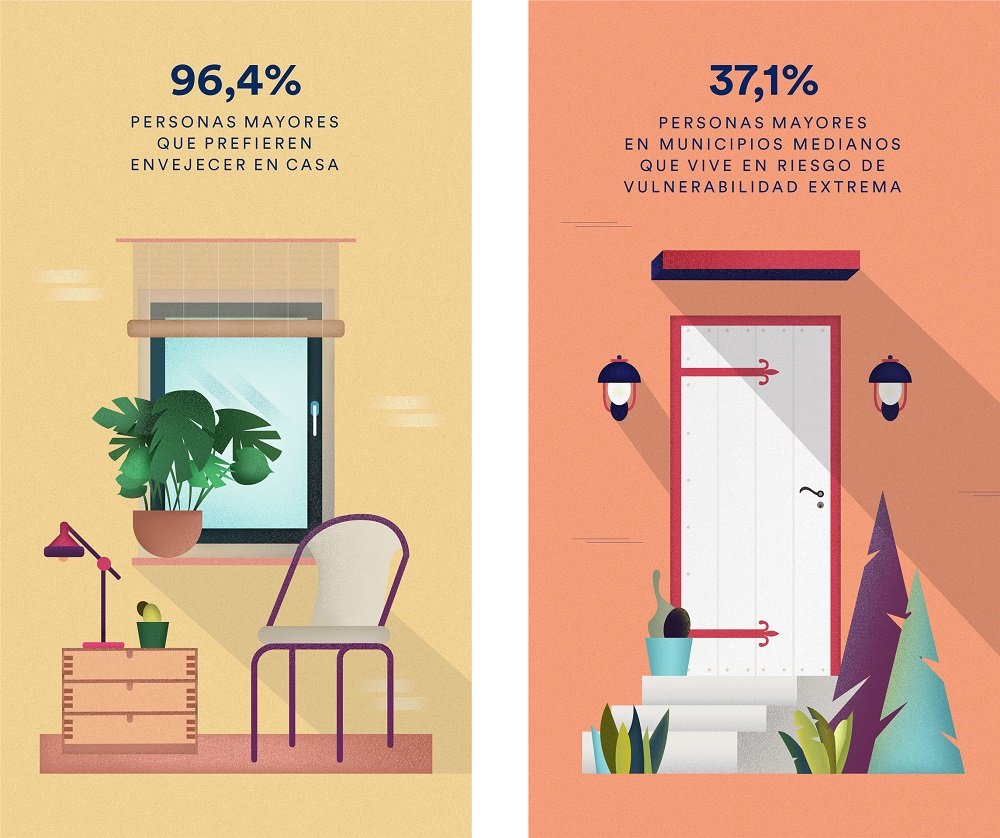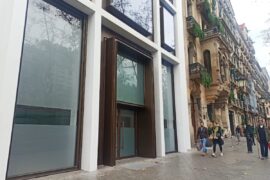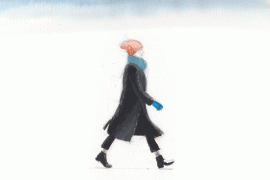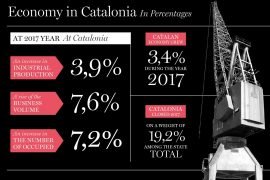A house -whether it is made of branches and mud or cement and brick- is that safe and well-known place that nobody would want to leave. David Byrne sang it cheerfully: “Home is where I want to be“. That’s why it’s not surprising that, according to the research project Envejecer en casa. ¿Mejor en el pueblo o en la ciudad? (“To grow old at home. Is it better in the countryside or in the city?”) developed by the sociologist Irene Lebrusán Morillo in collaboration with the Social Observatory of “la Caixa”, 96.4% of the elderly prefer to age at their home. The problem is that living more and more years is a fairly recent phenomenon and many of the old houses are not prepared for this new scenario.
Research demonstrates, for example, that in Spain more than 5 million people over 65 years old live in buildings with accessibility problems, which makes it difficult for them to participate in social life and even to be cared for in case of emergency. Also, there are more than 3 million people that do not have heating and 431,818 not even have running water. The conditions of a home and the physical and mental health of its inhabitants are closely related throughout life, but even more in old age. Thus, the slogan is simple: healthy houses for a healthy aging.
In addition, the report reveals that households in small towns (in the first place), because they have a larger range of solidarity forms of access to housing, and those in large cities (in second place), because they benefit from greater measures to fight against the infra housing, have the best conditions. It is in the municipalities of medium size where the old ones of the tribe struggle: there lives no less than 37.1% of the elderly people in extreme residential vulnerability.
This does not mean that the elderly must leave their homes, those shelters in which they have lived all their lives, and move to villages. What it means is that the dwellings that do not guarantee the minimum habitable should be improved. That telephone lines need to be installed where there are not, elevators instead of steep stairs, and to make sure that each house has at least a private toilet. Finally, it is important to fix buildings in poor condition, to live an autonomous and quality old age. Because, as Le Corbusier said -for whom to construct was to give the human being his shell- the house must be the case of life, the machine of happiness.
You can read more stories like this on ALMA, the social social media, a digital space devoted to the social field, which brings a new look at the present and the future of society, from an optimistic and diverse point of view, and from all the initiatives that “la Caixa” Foundation promote.






















